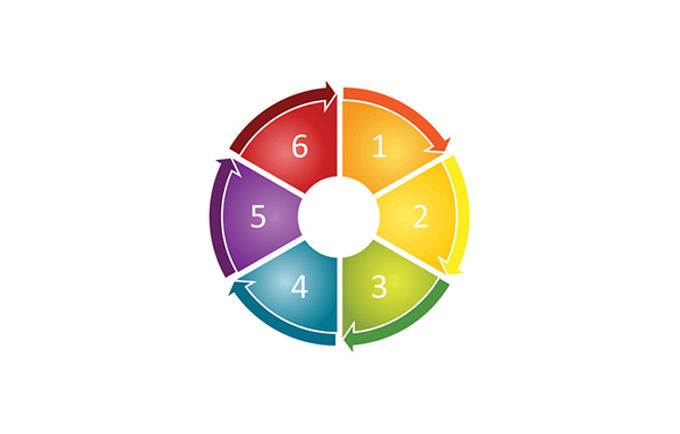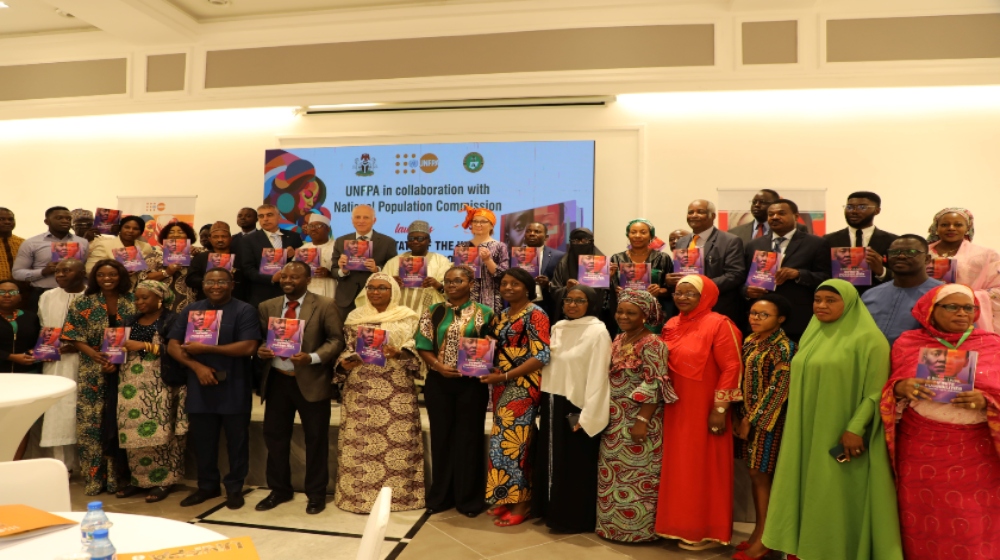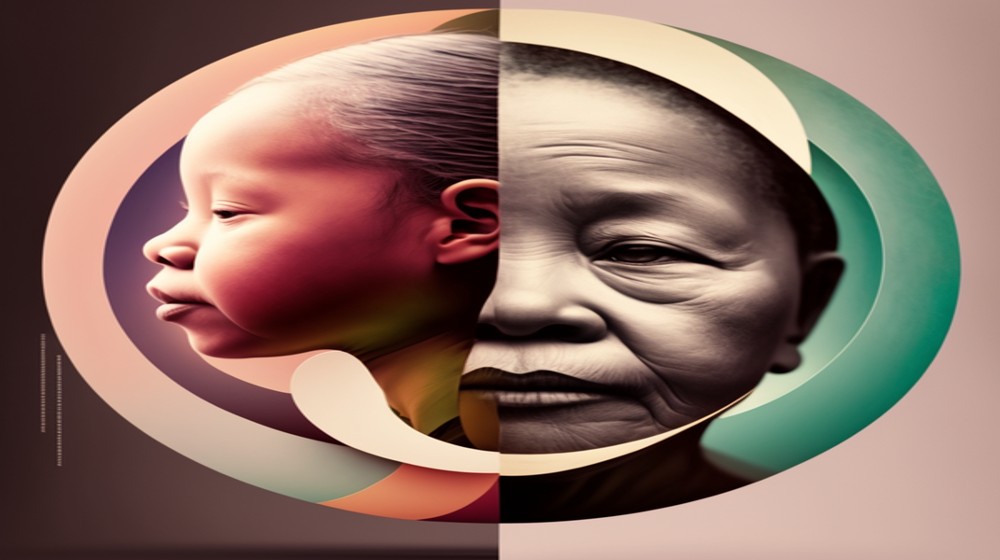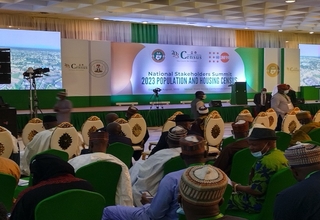1. Access to Maternal Health
Limited access to health care services is a contributing factor to high maternal mortality in Nigeria. Every year about 33,000 women and girls die from pregnancy related causes and for every woman that dies atleast 20 others suffer morbidities such as obstetric fistula, infections and disabilities.
UNFPA promotes a world where every child birth is safe by ensuring that no woman dies from pregnancy related conditions. Some of the ways the Fund supports the Government is to procure and supply maternal health commodities such as contraceptives, misoprostol and others to public health facilities nationwide.
2. Campaign to end obstetric fistula
In 2015, UNFPA launched the campaign to end Obstetric Fistula, a condition caused by prolonged labour. About half a million Nigerians have this condition and the case load increases each year. Till date the Fund has successfully repaired over 5,000 cases and re-integrated hundreds of beneficiaries back into the society with skill sets and financial packages to make them economically independent.
3. Providing sexual and reproductive health services in Humanitarian settings
Progress has been made in the fight to end insurgency in the North East, however, the conflict has left 4.6 million people in need of humanitarian assistance, 2, 150, 451 are internally displaced persons, out of which 1% 215, 000 are pregnant women.
UNFPA through its humanitarian response has reached 3.57 million survivors and their host communities by providing free and easy access to reproductive health services, which includes early and healthy child spacing, prevention and response to Gender Based Violence (GBV) by providing psychosocial support and commodities for the clinical treatment of rape. The Fund has helped develop strong referral pathways for survivors of GBV, and has established six (06) safe spaces for women and girls in some IDP camps in Borno and Adamawa states hosting high number of women and girls.
4. Promoting zero tolerance to Gender based violence
Girls should be treated with dignity and respect in equal measure with boys. Regardless gender, every young person’s human rights should be promoted and respected. This will include ending child marriage, female genital mutilation and other harmful practices affecting girls.
UNFPA is championing 3 campaigns to address gender based violence in the country. One, campaign to end female genital mutilation/cutting; two, adolescent child initiative and the safe school initiative, to delay early marriage by improving access to education. In addition, UNFPA provides psychosocial counseling to survivors of GBV to overcome the trauma and begin the process of healing and recovery.
5. Access to formal education and comprehensive sexuality education
Women and Girls need unfettered access to comprehensive sexuality education. Laws that impede their access to information, services and choices, should be removed and most critically, girls should be kept in school — whether they live in rural or urban areas, whether they are pregnant or not, whether they are married or single.
Through the Adolescent Girl Child Initiative, UNFPA is helping girls attain a formal education (from J.S.1 – S.S.3) and through its safe space, they are taught comprehensive sexuality education and given information needed to make good reproductive health choices. The initiative is set to reach 131, 000 girls in 3 northern States by 2016. These girls will graduate from the programme to become mentors to the next generation.
6. Engaging girls to access and exercise their reproductive human rights
Women and Girls can attain their full potential if they are empowered with the information they need to freely exercise their rights to prevent or delay unwanted pregnancies, and decide the number and healthy spacing of their children without discrimination, coercion and violence.
UNFPA is working to ensure that every woman and girl in Nigeria has access to comprehensive reproductive health services including conceptive services and exercises her reproductive rights to choose when she wants to get pregnant, the number of children she’ll like to have and the timely spacing between them. The Fund in partnership with the Federal ministry of Health SOLELY procures and distributes family planning commodities in Nigeria and provides access to contraceptive services in healthcare facilities.




